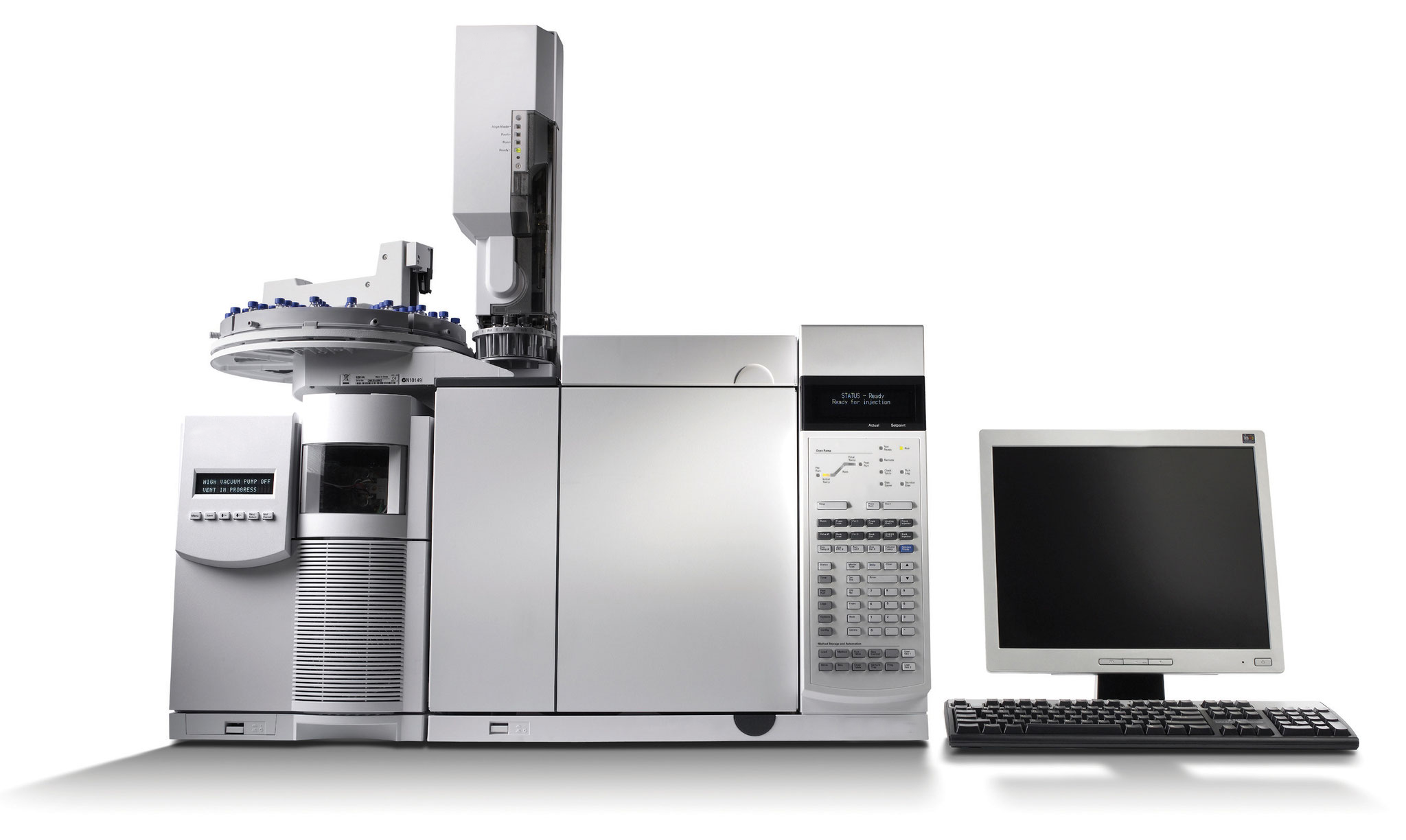Gas Chromatography (GC) is a widely used analytical technique for separating, identifying, and quantifying volatile compounds in a mixture. This method utilizes an inert gas mobile phase to carry analytes through a stationary phase within a column, allowing for the separation of components based on their volatility and interaction with the stationary phase. GC is commonly employed in the analysis of pharmaceuticals, food additives, environmental pollutants, oil, food, water, air, cosmetic and other research sample. It is valued for its high sensitivity, resolution, and efficiency in detecting and quantifying small concentrations of volatile substances.
FARE Labs conducts specialized Gas Chromatography (GC) training course, tailored for various sample matrices following national and international standard methodologies. This training is designed for laboratory professionals, researchers, and students involved in the analysis of volatile compounds in foods, water, pharmaceuticals, cosmetics and environmental samples. This training aims to equip participants with essential knowledge and practical skills in GC techniques. It may be worth mentioning that the training programme offered by FARE Labs is one of the best GC training courses in Gurugram.
Objectives
- Provide a thorough understanding of GC principles and applications in different industries.
- Training on GC will equip trainees with practical skills for operating GC systems
- Introduce the analysis of specific volatile compounds using GC.
- Familiarize attendees with data analysis and interpretation techniques.

